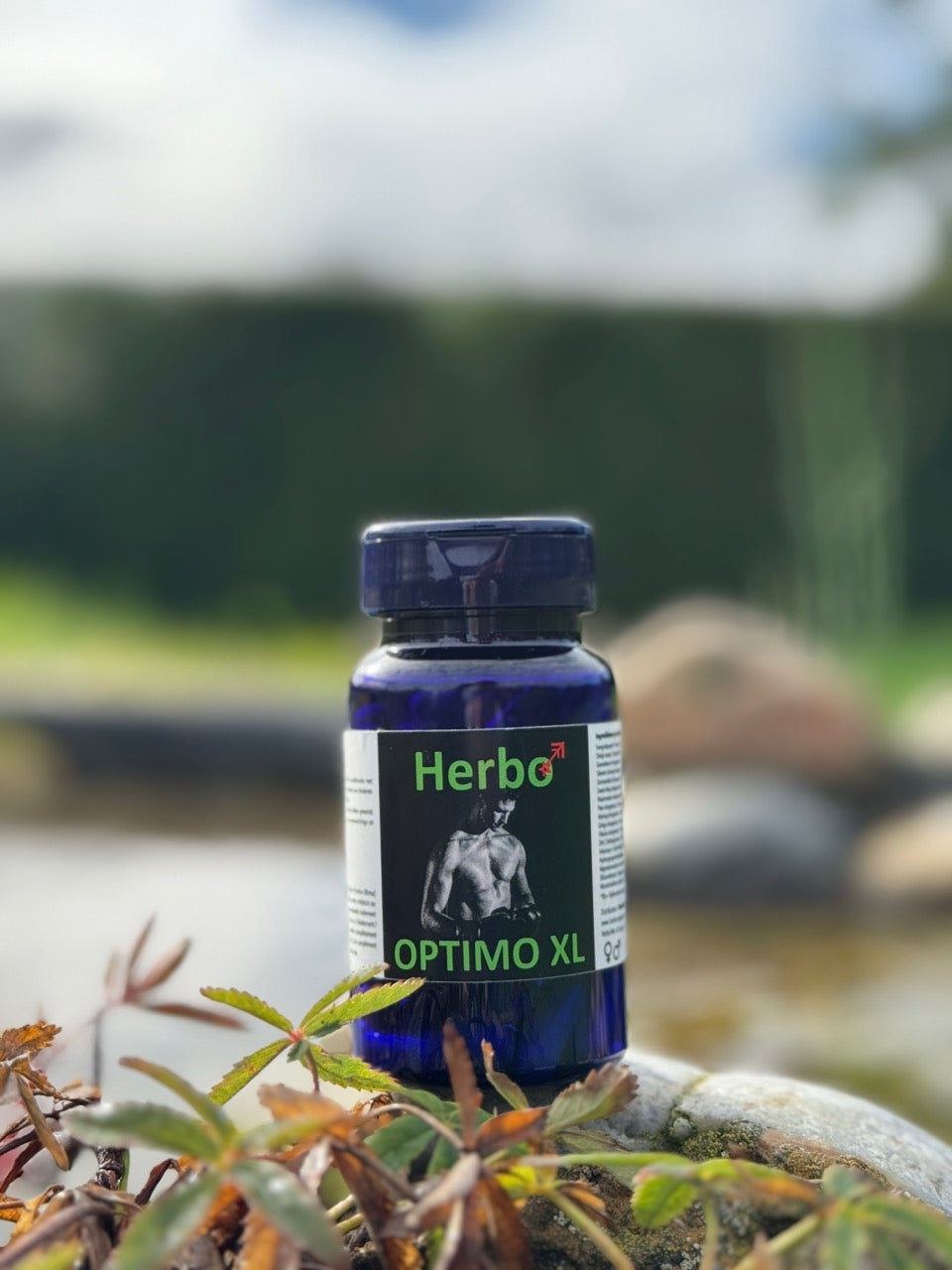Vitamin C
(ascorbic acid)

Vitamin C (ascorbic acid) is a water-soluble vitamin. It acts as an antioxidant in the body.
Also, vitamin C is necessary for the formation of connective tissue, the absorption of iron, and maintaining the immune system.
Vitamin C is found in fruit, vegetables, and potatoes.
To preserve as much vitamin C as possible, it is important to cook vegetables in a small amount of water and not longer than necessary.
A deficiency in vitamin C can lead to reduced immunity, delayed wound healing, and eventually scurvy.
An excess of vitamin C can lead to digestive issues or diarrhea.
Content
- What is vitamin C?
- Where is vitamin C found?
- What do you need vitamin C for?
- How much vitamin C do you need per day?
- What are the consequences of a vitamin C deficiency?
- What are the consequences of too much vitamin C?
What is vitamin C?
Vitamin C, also known as ascorbic acid, is a water-soluble vitamine.
Already in the 16th century, sailors knew that citrus fruits and fresh vegetables could prevent scurvy.
Much later it became known that this disease was related to a severe deficiency of vitamin C.
Different forms of vitamin C
The chemical name for the natural form of vitamin C in food and drinks is L-ascorbic acid.
If vitamin C has been added to products to improve shelf life, this is indicated on the label as E300 or E301 (sodium ascorbate).
Waar zit vitamine C in?
Vitamin C is found in fruit, vegetables, and potatoes. In particular, certain types of cabbage, bell peppers, citrus fruits, kiwis, berries, and strawberries contain a lot of vitamin C.
Retention of vitamin C during cooking
Vitamin C is water-soluble. Therefore, vegetables with vitamin C are best cooked in little water and not for too long.
It also helps not to cut vegetables too small. Vitamin C is also sensitive to heating and sunlight.
Therefore, ensure that sliced, pureed, or juiced products are exposed to as little air and light as possible.
In an acid, such as in orange (juice), vitamin C remains relatively well intact.
What do you need vitamin C for?
Vitamin C has various functions in the body:
- Vitamin C protects as antioxidant your body cells against damage.
- Vitamin C plays a role in the formation of connective tissue.
- Vitamin C contributes to the absorption of ijzer.
- Vitamin C is necessary for maintaining your immune system.
How much vitamin C do you need per day?
The recommended daily allowance (RDA) vitamin C for men and women from 14 years old is 75 milligrams.
What are the consequences of a vitamin C deficiency
If you have a severe vitamin C deficiency for a long time, it can lead to reduced immunity, delayed wound healing, and eventually scurvy. The symptoms include bleeding gums and subcutaneous or internal bleeding.
What are the consequences of too much vitamin C
An excess of vitamin C is excreted in your urine. However, you can still experience symptoms if you consume too much vitamin C.
Taking more than 2 grams of vitamin C per day may cause digestive discomfort or diarrhea.
Also, it can cause an increased excretion of the substance oxalic acid in the urine.
Acceptable upper limit
Although there are indications that an excess of vitamin C can lead to complaints, there is currently no acceptable upper limit for vitamin C.



